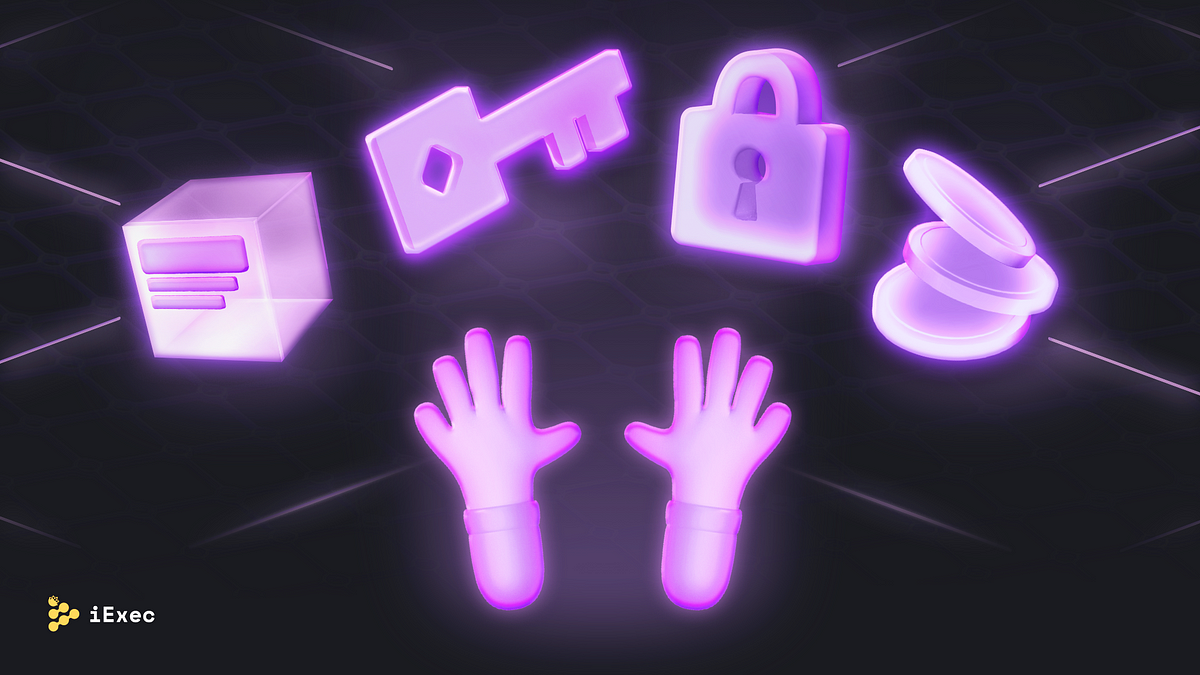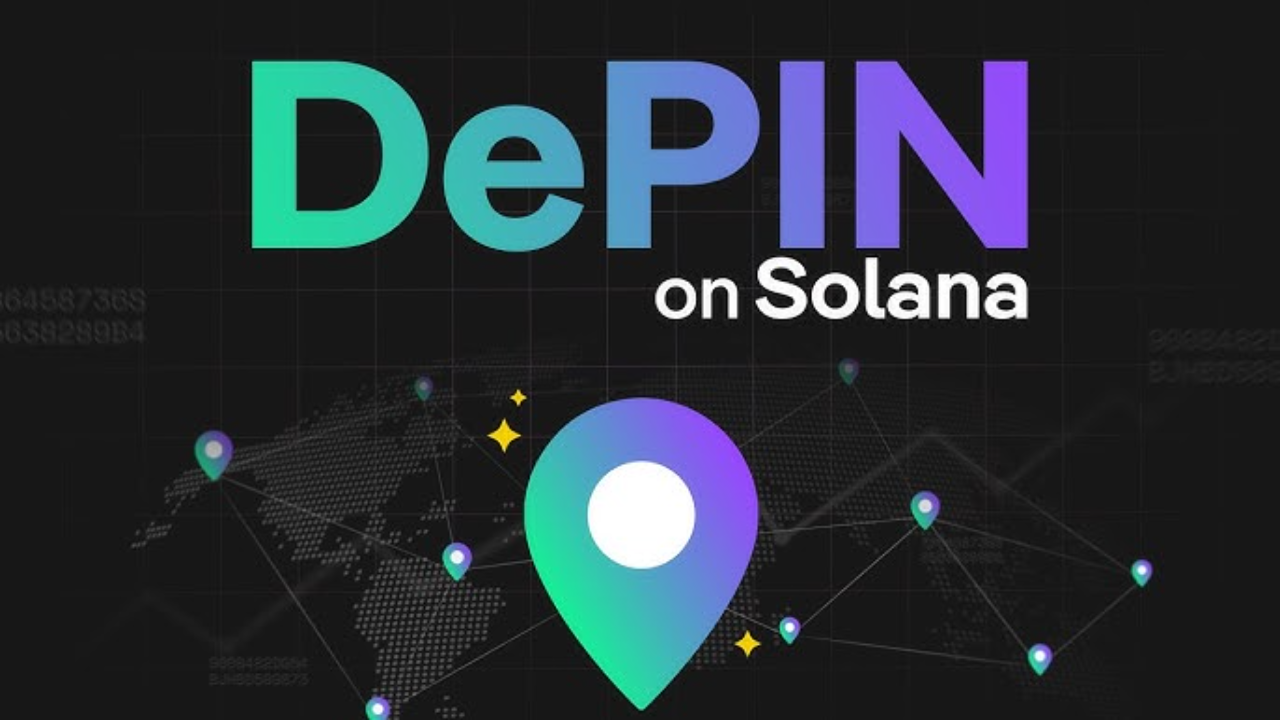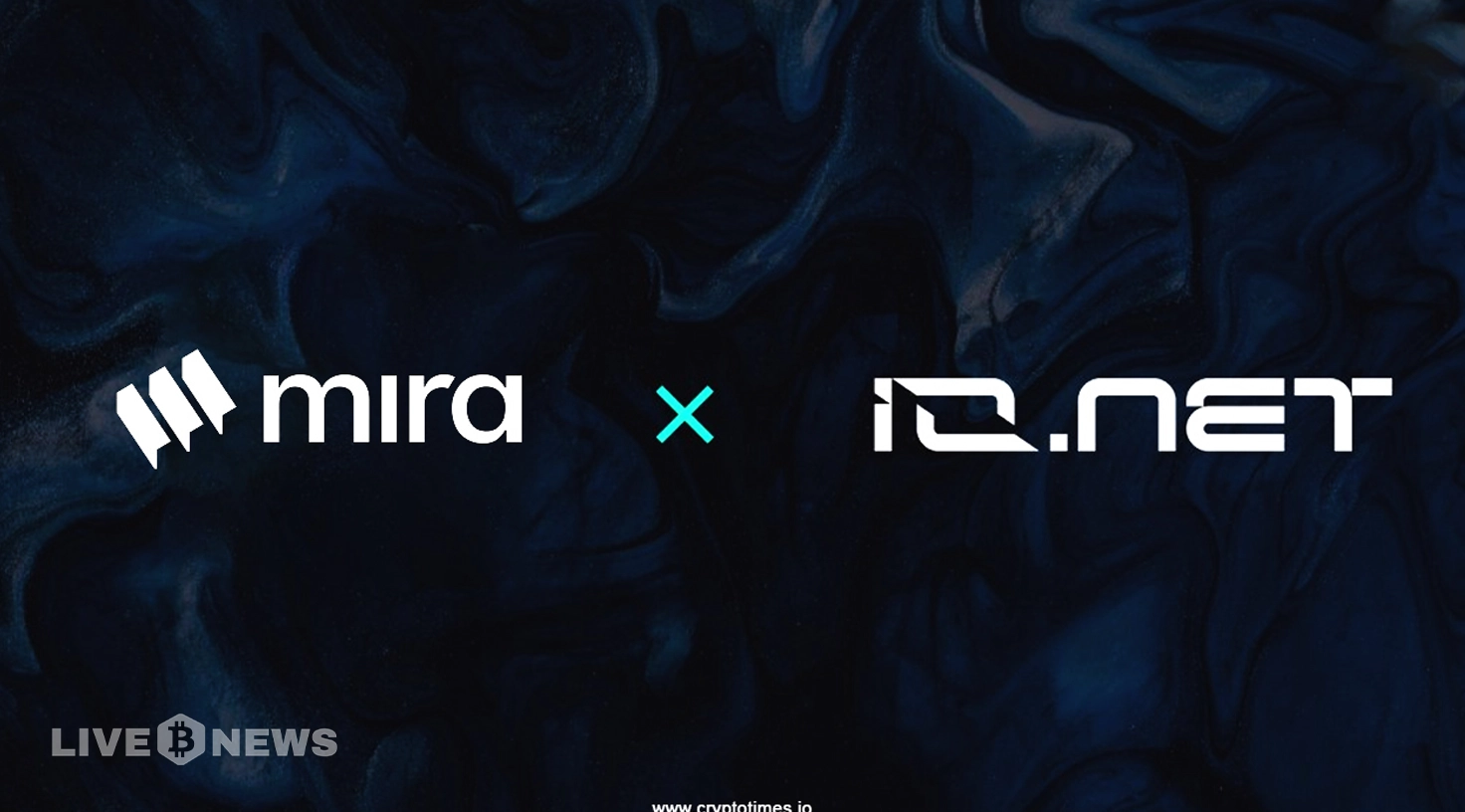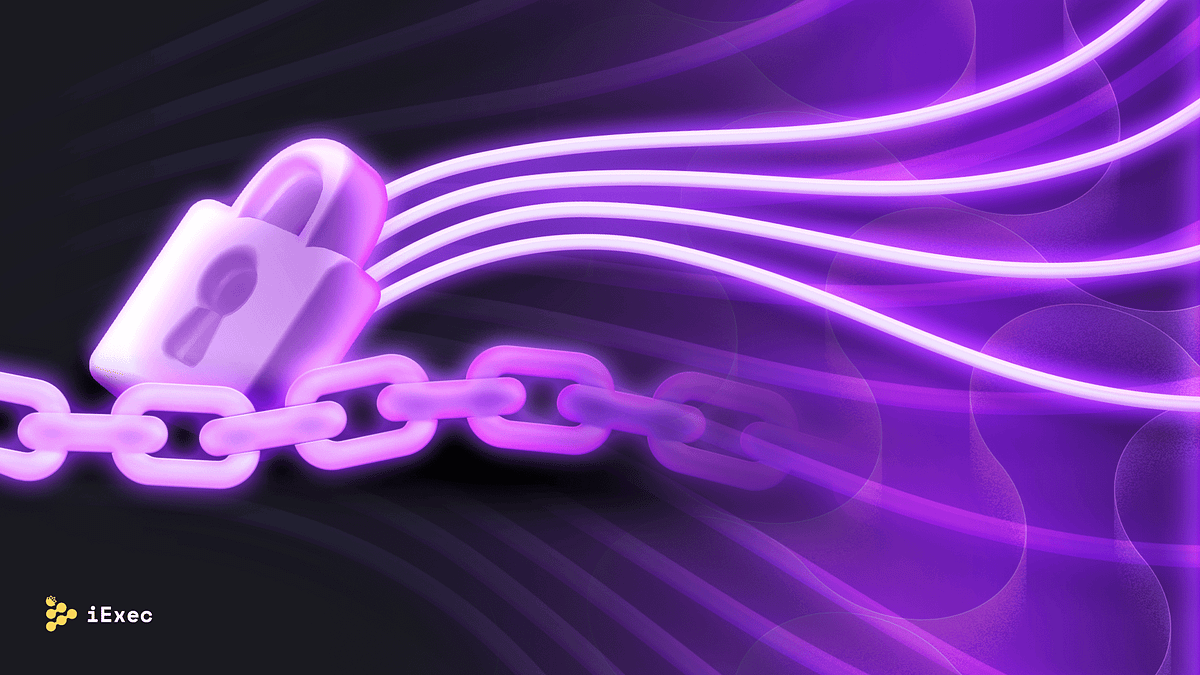Recap of Exclusive AMA: StealthEX and IoTeX
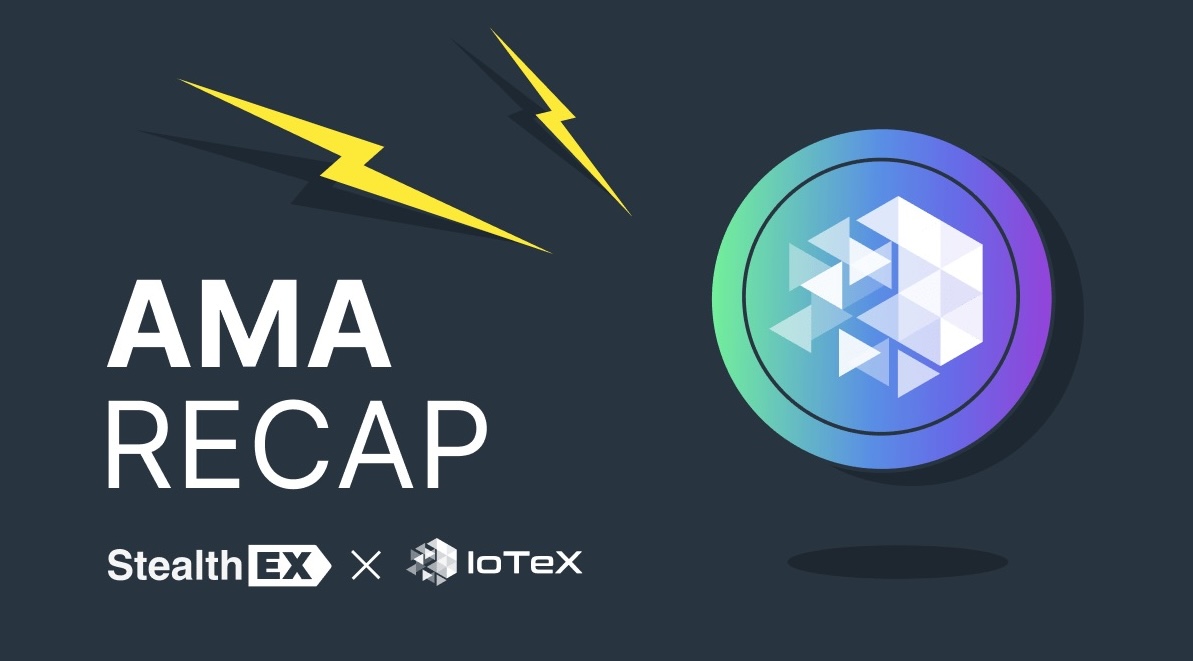
StealthEX recently conducted an AMA session on X Spaces in collaboration with IoTeX, and we’re excited to share the highlights with you.
Recap of Exclusive AMA: StealthEX and IoTeX Host: StealthEX – instant cryptocurrency exchange. Guest: Giuseppe, DevRel lead at IoTeX.
Questions from Twitter: Q1: How will IoTeX’s infrastructure specifically contribute to the advancement of AI? What role does real-time data play in training those models, and how can it impact the accuracy and capabilities of AI agents?
Giuseppe: IoTeX’s infrastructure plays a key role in advancing AI by leveraging the DePIN model, where individuals can contribute data or GPU power for AI model training. With our infrastructure, people can provide real-time data, which is essential for improving the accuracy of AI models. What makes IoTeX unique is that everything is verifiable on our Layer 1 blockchain, meaning that anyone can check the contributions and computations, ensuring that AI models are built on trusted data sources. This adds transparency and boosts the reliability of AI systems.
Q2: As IoTeX transitions into version 2.0, what new tools, protocols, or frameworks are being introduced to enhance the experience of developers building DApps on DePIN infrastructure, and how will these changes impact overall ease of use and performance for end users?
Giuseppe: IoTeX 2.0 brings all the individual components we’ve been building together into a cohesive infrastructure. This includes tools like wallets, bridges, and decentralized off-chain computation layers. The key here is modularity: developers can choose specific components that suit their project needs, making their applications easier to build and more scalable. For end users, this translates to better performance and a smoother experience since developers don’t have to reinvent the wheel and can focus on creating useful, composable DApps.
Q3: With the launch of a web wallet, version 2 was highlighted as an all-in-one DePIN asset manager. What unique features does it offer that position it above other wallets in the DePIN space?
Giuseppe: Our web wallet is unique because it’s specifically designed for DePIN assets. It serves as a hub where new DePIN projects can list their tokens, and users can trade these tokens across multiple chains like Ethereum, Binance Smart Chain, Polygon, and now Solana. We’ve built the wallet to be more than just a place for storage – it’s an entry point for DePIN projects and users to discover, interact with, and cross-trade assets. Additionally, we’re expanding its cross-chain capabilities, making it easier for people to interact with multiple ecosystems within the DePIN space.
Q4: Can you explain the features of IoTube as a cross-chain bridge facilitating asset exchanges between IoTeX and major Layer 1 and Layer 2 blockchains? How does IoTube enhance interoperability and facilitate seamless asset transfers across different blockchain networks?
Giuseppe: IoTube is our decentralized bridge that connects IoTeX with major Layer 1 and Layer 2 blockchains like Ethereum, Binance Smart Chain, Polygon, and now Solana. Its main feature is enabling seamless cross-chain asset transfers, which is critical for DePIN projects that want to expand their user base across multiple ecosystems. By bridging these chains, we ensure that projects aren’t confined to a single ecosystem but can interact with users and liquidity on other chains. We recently announced our collaboration with Solana, which is a huge step toward making IoTube one of the most interoperable bridges in the DePIN space.
Q5: Can you elaborate more on the Halo Grants initiative and its tailored support for DePIN projects at various stages of development? How do these grants foster innovation, provide professional guidance, and drive forward projects within the IoTeX network?
Giuseppe: The Halo Grants initiative has been around for a while, providing support for smaller DePIN projects that are just getting started. It’s perfect for teams of one to three people who have great ideas but need resources to get started. We also offer more support for larger projects through our Accelerator program, which helps teams scale up by offering marketing, technical, and community-building assistance. So far, we’ve seen a lot of success with projects launching their devices and tokens, and many are now preparing for their next rounds of funding. The goal of both Halo Grants and the Accelerator is to foster innovation and help these projects grow within our ecosystem.
Q6: With the introduction of decentralized governance in IoTeX 2.0, how does the platform balance governance efficiency with decentralization, and what mechanisms are in place to prevent centralization of power within the ecosystem?
Giuseppe: Decentralized governance has always been at the core of IoTeX. With IoTeX 2.0, we’ve taken this further by introducing a new DAO structure—what we’re calling the “Marshall DAO.” This DAO is designed to allocate funds and resources to DePIN projects that the community believes are promising. Governance efficiency is maintained through proposals and community voting, ensuring that power isn’t concentrated in a few hands. By enabling the community to participate in decision-making, we prevent centralization and ensure that the platform remains transparent and fair.
Live Questions Q1: Can you explain how the modular architecture of IoTeX 2.0 supports the scalability and specialized needs of DePIN projects? How does it compare to other existing solutions in the market?
Giuseppe: The modular architecture of IoTeX 2.0 allows projects to select specific components they need, like identity protocols or off-chain computation, which increases scalability. This flexibility is key to supporting projects with unique requirements while enabling composability—where different projects using the same modules can easily collaborate. Compared to other solutions, IoTeX’s modular approach offers greater interoperability between projects, which is crucial for scalability and growth. The modularity empowers developers to build on top of other DePIN projects and make use of shared resources, something that many other ecosystems don’t offer.
Q2: Staking programs are very important for any project. Can I stake your token? Do you have any plans for a staking program?
Giuseppe: Yes, staking has been available since we launched IoTeX in 2019, and it operates on a delegated proof-of-stake (DPoS) model. You can stake your tokens via stake.iotex.io and either become a delegate or vote for other delegates. We recently introduced liquid staking and passed a proposal that allows staking to be represented as NFTs, making it even more flexible. We currently have between 110 and 120 delegates, with the top 36 responsible for block production. It’s a great way to contribute to the ecosystem and earn rewards while securing the network.
Q3: What have been the challenges this project has faced since 2019 after launch?
Giuseppe: We’ve faced numerous challenges over the years. One major challenge has been educating people about the value of combining IoT and blockchain. In the early days, it was difficult to explain our vision for DePIN, and getting people to see the benefits of decentralized machine networks took time. On the technical side, building entirely new protocols like off-chain computation layers was also a challenge. There weren’t many existing templates to follow, so we had to push boundaries and innovate. Persistence and constant iteration have been our main strategies for overcoming these challenges.
Q4: After all these challenges, what has been your strategy for overcoming them and moving the project forward?
Giuseppe: The strategy depends on the challenge. For product-related challenges, we focus on market fit and user research, iterating as needed until we get it right. For narrative challenges, where people don’t yet see the value of what we’re building, we keep pushing forward with our vision until the market catches up. Each challenge has its own unique strategy, but persistence and the willingness to adapt are key.
StealthEX: Thank you all for joining today!
Recap of Exclusive AMA: StealthEX and IoTeX You can swap IoTeX (IOTX) crypto on StealthEX exchange platform.
How to Buy IoTeX Coin? Just go to StealthEX and follow these easy steps:
Choose the pair and the amount for your exchange. For example, ETH to IOTX coin. Press the “Start exchange” button. Provide the recipient address to which the coins will be transferred. Move your cryptocurrency for the exchange. Receive your coins!
Follow us on Medium, Twitter, Telegram, YouTube, and Publish0x to stay updated about the latest news on StealthEX.io and the rest of the crypto world.
Related News
